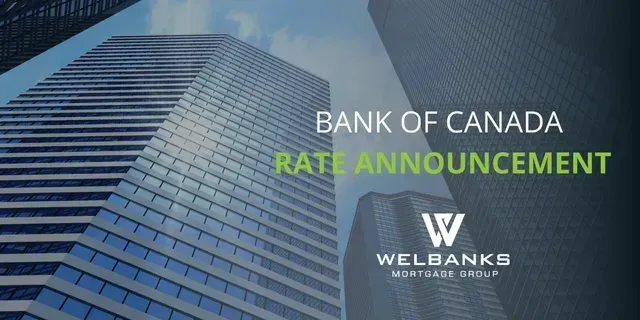Is It the Right Time to Refinance? 5 Signs You Should Consider It
Refinancing your mortgage can be a smart financial move, but how do you know if it’s the right time? Whether you’re looking to lower your monthly payments, access home equity, or consolidate debt, refinancing can offer valuable benefits. Here are five key signs that it might be the right time to refinance your mortgage in Canada.
1. Interest Rates Have Dropped
One of the most common reasons Canadians refinance is to secure a lower interest rate. Even a small decrease in your mortgage rate can lead to significant savings over time. If rates have dropped since you took out your mortgage, refinancing could help you reduce your monthly payments and save thousands in interest.
✅ Tip: Check with your mortgage broker to compare your current rate with today’s market rates.
2. Your Financial Situation Has Improved
If your credit score has increased or your income has stabilized since you first got your mortgage, you might qualify for better loan terms. Lenders offer lower rates and better conditions to borrowers with strong financial profiles.
✅ Tip: If you’ve paid off debts, improved your credit score, or increased your savings, refinancing could work in your favour.
3. You Want to Consolidate High-Interest Debt
Carrying high-interest debt from credit cards, personal loans, or lines of credit? Refinancing can help consolidate those debts into your mortgage at a much lower interest rate. This can make monthly payments more manageable and reduce the overall cost of borrowing.
✅ Tip: Make sure the savings from refinancing outweigh any prepayment penalties or fees.
4. You Need to Free Up Cash for a Major Expense
Many Canadians refinance to access their home’s equity for renovations, education costs, or major life expenses. With home values rising in many areas, a refinance could help you tap into that value while still keeping manageable payments.
✅ Tip: Consider a home equity line of credit (HELOC) if you need flexible access to funds.
5. Your Mortgage Term is Ending, and You Want Better Terms
If your mortgage is up for renewal, it’s the perfect time to explore refinancing options. Instead of simply accepting your lender’s renewal offer, compare rates and terms to see if you can get a better deal elsewhere.
✅ Tip: A mortgage broker can help you shop around and negotiate better terms on your behalf.
Is Refinancing Right for You?
Refinancing isn’t always the best move—there can be penalties for breaking your current mortgage, and not all savings are worth the switch. However, if you relate to any of the five signs above, it’s worth discussing your options with a mortgage professional.
Thinking about refinancing? Let’s chat and find the best option for you!




